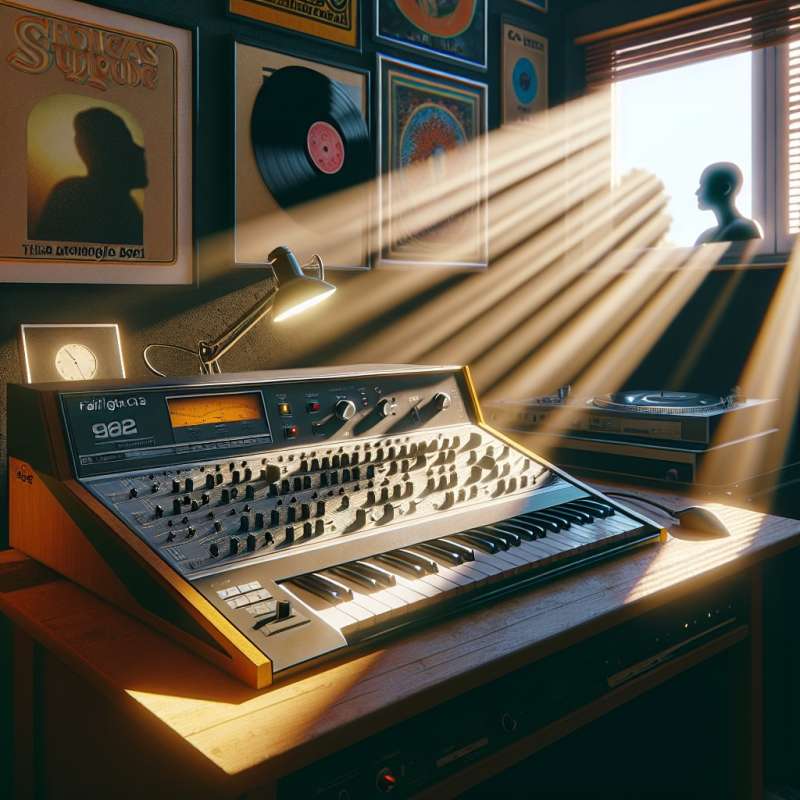
Pre-20th Century Beginnings
Technology's influence on music dates back to the 18th century with the invention of the metronome. Beethoven embraced this for precise tempo control, which revolutionized musical timing and practice methods.
Electricity Changes the Game
The 1930s introduced electric guitars, transforming the music scene. This innovation gave birth to new genres, like rock 'n' roll, and forever changed performance dynamics and audience expectations.
Multitrack Recording Emerges
1950s multitrack recording allowed separate recording of instruments, enabling complex production previously impossible. Les Paul's experimentation made it a standard, leading to modern sound engineering practices.
Synthesizers Reshape Music
The Moog synthesizer, unveiled in 1964, added new textures to music. It empowered musicians to create sounds never heard before, influencing genres from progressive rock to pop.
Digital Era and Sampling
The '80s brought digital synthesizers and sampling machines like the Fairlight CMI. Artists could now weave recorded sounds into new compositions, pushing creative boundaries and birthing hip-hop's hallmark sound.
Internet and Music Access
Napster's rise in 1999 disrupted music distribution, igniting debates on copyright and access. The internet's role in music access led to streaming services, altering how we consume music.
AI Composes Music
Recent advancements in AI challenge traditional composition, with algorithms creating music that mimics human emotion and style. The potential for personalized music experiences is immense and still unfolding.
Who utilized the metronome for tempo?
Beethoven for musical revolution
Les Paul for recording
Moog for synthesizers
Company